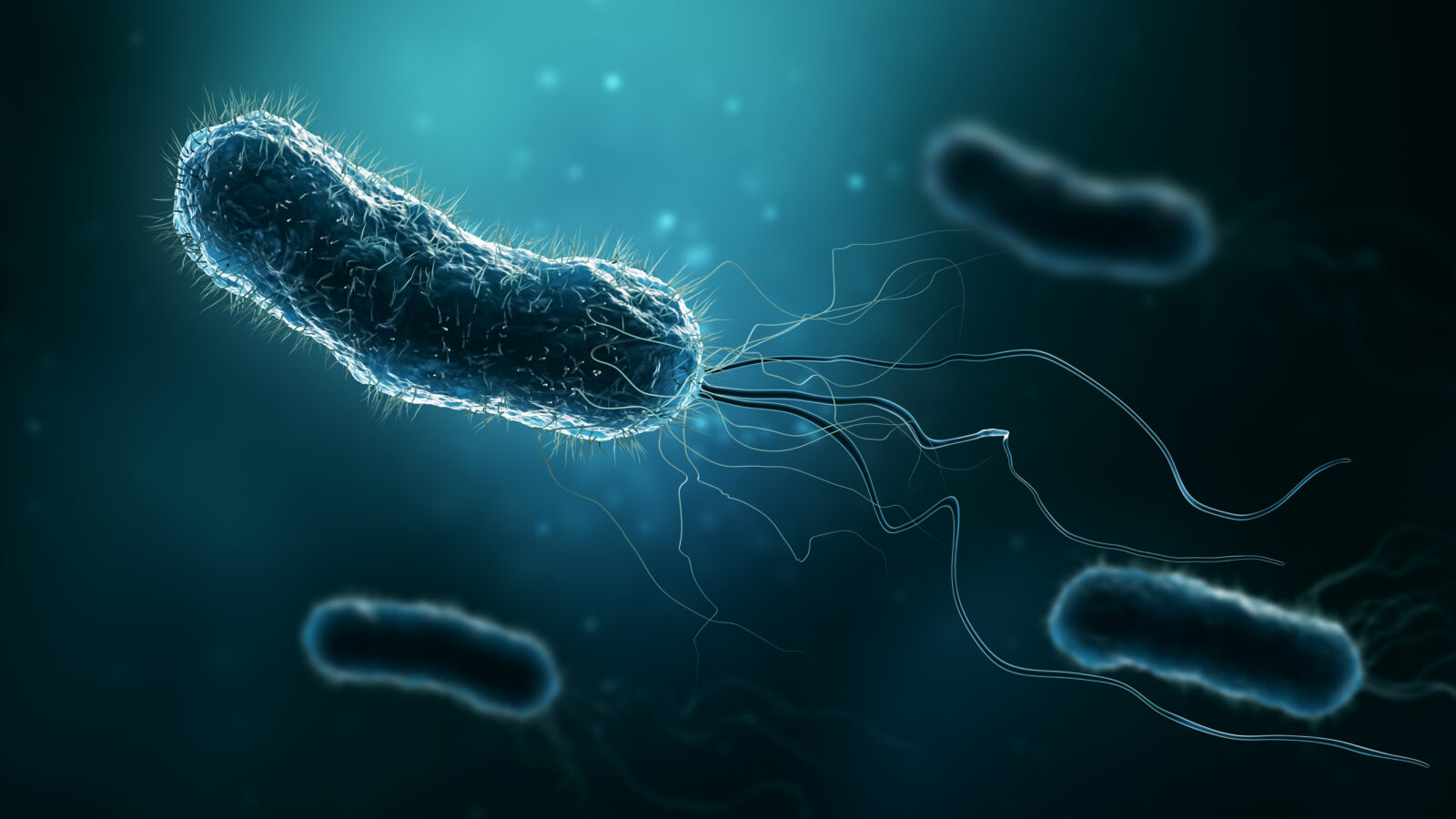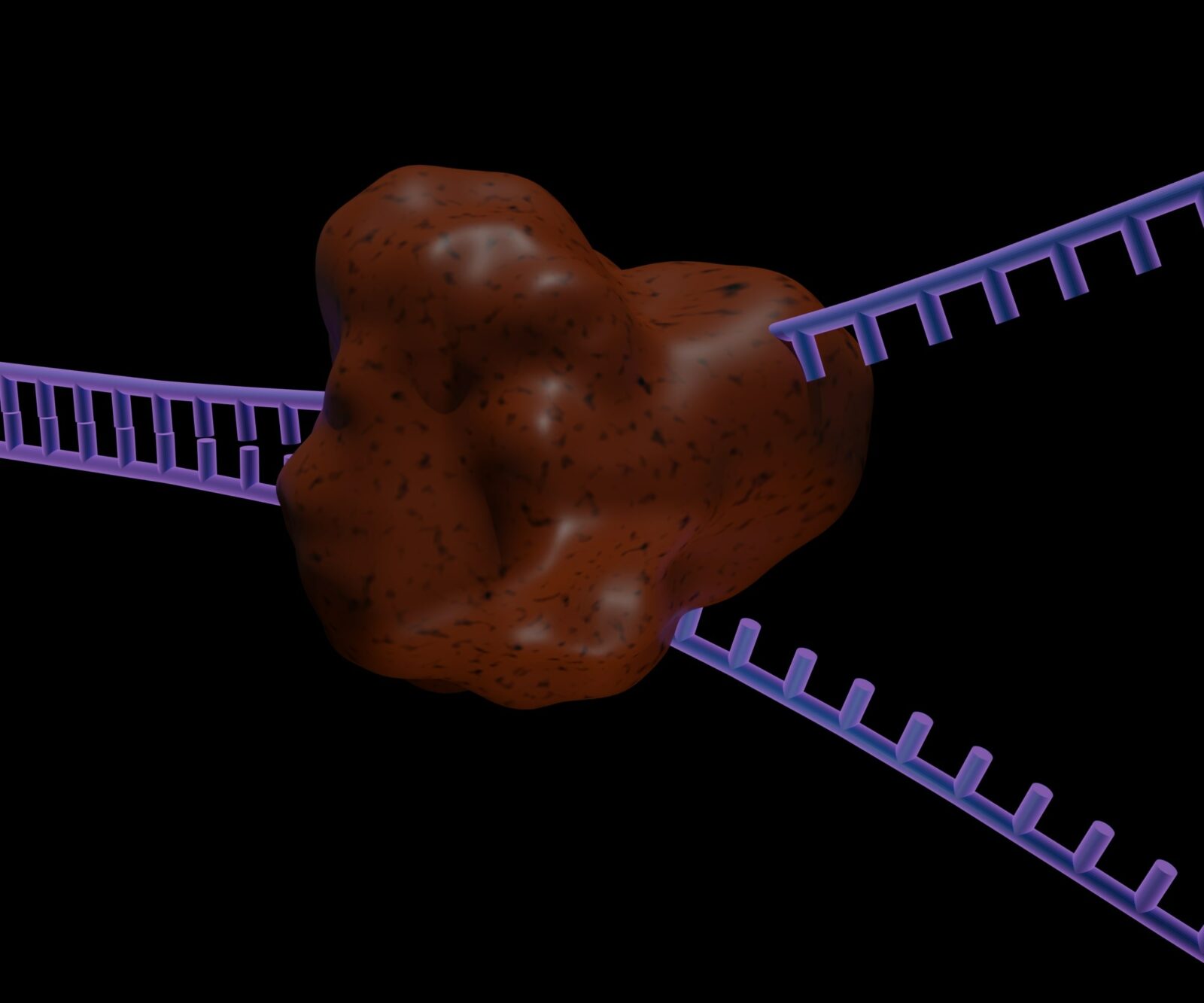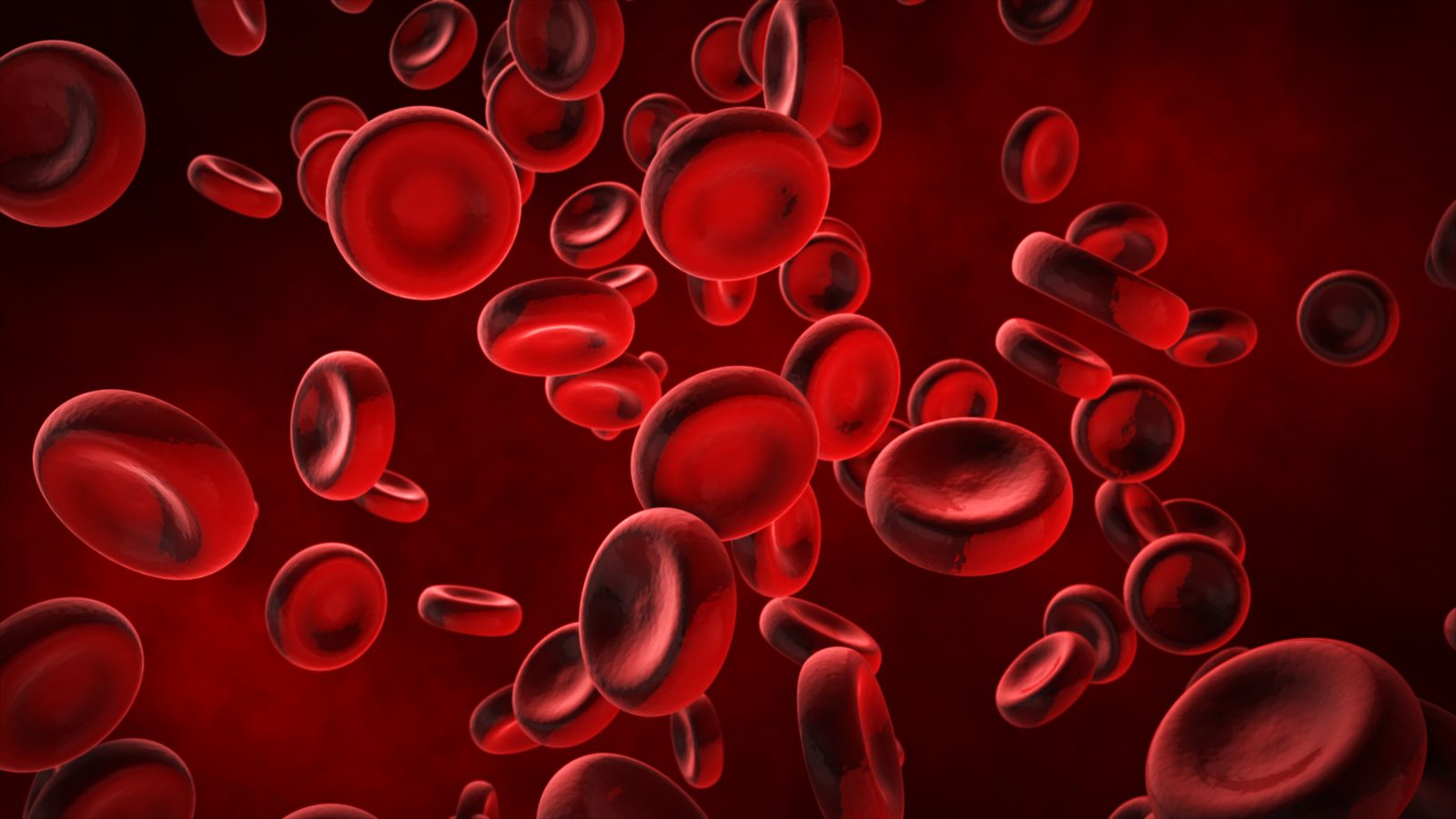


A Microbiologist’s Journey to Intelligent Design

A PhD Evolutionary Biologist on Why He Embraces Intelligent Design

Jonathan McLatchie on Classic Examples of Irreducibly Complex Systems

Behe Counters the Best Objections to Irreducible Complexity and ID, Pt 2
Today’s ID the Future continues A Mousetrap for Darwin author Michael Behe’s conversation with philosopher Pat Flynn, focused on some of the more substantive objections to Behe’s case for intelligent design in biology. In this segment the pair discuss the bacterial flagellum, the cilium, and the blood clotting cascade, and tackle critiques from Alvin Plantinga, Graham Oppy, Russell Doolittle, Kenneth Miller, and others. This interview is posted here by permission of Pat Flynn.

Casey Luskin on Why He Favors ID over Theistic Evolution
Today’s ID the Future continues intelligent design theorist Casey Luskin’s conversation with Apologetics 315 podcast hosts Brian Auten and Chad Gross. Here in Part 2, Luskin give a peek behind the scenes of ID 3.0, the current research program inspired by the intelligent design framework. Luskin is then asked to explain his reservations about theistic evolution, and Luskin points out the evidential, rhetorical, and logical problems he sees with the brand of theistic evolution advocated by Francis Collins and Biologos. What about the future of the intelligent design movement? Luskin says he’s optimistic, both because of the exciting research and publication breakthroughs of late, and because of the many converts he’s seeing to the ID framework. According to Luskin, many of these recruits remain behind the scenes to avoid reprisals from opponents of ID in positions of power, but some top scientists have come out publicly in support of intelligent design, including at least one Nobel Laureate. This episode is presented here with permission from Apologetics 315.

The Role of Engineers in the Systems Biology Revolution
Today’s ID the Future spotlights systems biology and the role engineers can play in some leading-edge biology. According to guest Steve Laufmann, systems biology is taking the biological world by storm, an approach that treats biological systems as optimally or near-optimally engineered systems and, using that working assumption, seeks to better understand the system. Laufmann says this provides an opening for engineers to contribute, since they have a deep understanding of what it takes to make a complex system work, and what’s required to change one core aspect of an engineered system so that it continues to work with all of the other crucial parts of the system. Many biologists aren’t trained in this, Laufmann says, and most engineers aren’t trained in the details of biology. Laufmann argues that the way forward is to get engineers and biologists talking, train biologists in engineering principles, and train engineers in biology. Laufmann and host Eric Anderson also discuss a recent conference they helped organize, the Conference on Engineering in Living Systems (CELS). Near the end of their conversation, Anderson asks Laufmann to tease some of the research work coming out of the conference, and Laufmann points to one researcher’s work on the bacterial flagellum, and promises more to come.

ID Pioneer Michael Behe Tangles with Two Philosophers, Pt. 2
In today’s ID the Future, intelligent design pioneer Michael Behe continues his conversation with philosophers Pat Flynn and Jim Madden. Here in Part 2 of a three-part series, Behe offers an illustration from language and Madden presses him, noting that meaning detection in language is not parts to whole. A lively exchange ensues and then Behe turns the discussion back to his primary focus, detecting design in molecular biological machines by recognizing the purposeful arrangement of parts. From there the conversation turns to everything from epigenetics, systems biology, and autopoiesis to co-option, mousetraps, tie clips, biologist Kenneth Miller, and the philosophers Aristotle and Thomas Aquinas. For Behe’s newest book, A Mousetrap for Darwin, go here. This discussion is presented here with permission of philosopher and podcaster Pat Flynn.

Dustin Van Hofwegen on Engineering and Evolution in Lilliput
On today’s ID the Future we go behind the scenes at the recent Conference on Engineering in Living Systems, where host Jonathan Witt sat down with Dustin Van Hofwegen, a biology professor at Azusa Pacific University in California. The two discuss the private conference, which brought together biologists and engineers to study how engineering principles and a design perspective can and are being applied to biology — to plants and animals but also to Van Hofwegen’s area of focus, the Lilliputian realm of microbial biology. The two quickly move into a conversation about Van Hofwegen’s article in the Journal of Bacteriology, co-authored with Carolyn Hovde and Scott Minnich, based on research they did at the University of Idaho. As Van Hofwegen explains, the research focused on one of the most ballyhooed evolutionary changes to come out of Richard Lenski’s long-term evolution experiment at Michigan State University, a decades-long study of many thousands of generations of E. coli bacteria. Perhaps the biggest evolutionary development in the course of the experiment involved some bacteria beginning to feed in citric acid. Interesting, to be sure, but as Van Hofwegen explains, E. coli already has this capacity; it’s just a matter of switching it on. Van Hofwegen, Hovde, and Minnich demonstrated this through do-or-die experiments with E. coli, which led to the bacteria developing the capacity not in years or decades, as in the Lenski experiment, but in fourteen days, in as little as 100 generations. Van Hofwegen unpacks why this is an embarrassing result for Neo-Darwinism, then he and Witt discuss another study, this one focused on antibiotic resistance but with a similar result: the findings suggested that the antibiotic resistance observed came not by evolving anything new but by tweaking something already present — in this case, by actually breaking something.

Michael Behe on the Battle of the Mousetraps
On this ID the Future, Michael Behe responds to the attacks on … his mousetrap. Behe used the common mousetrap to illustrate the idea of irreducible complexity, showing how various mechanical contrivances need all of their main parts to function, and to show how irreducible complexity poses a major challenge to Darwinism’s idea of gradual, step-by-step evolution of some biological machines. Most of the attacks on Behe’s argument have focused on the irreducibly complex biological systems he spotlighted, such as the outboard motor known as the bacterial flagellum. But some of his critics fixated on the mousetrap itself, and argued that the mousetrap wasn’t actually irreducibly complex. Behe rebuts these counterarguments and explains why he’s convinced they fail. The discussion is just a brief sampling of the deeper dive Behe takes in his newest book, A Mousetrap for Darwin.